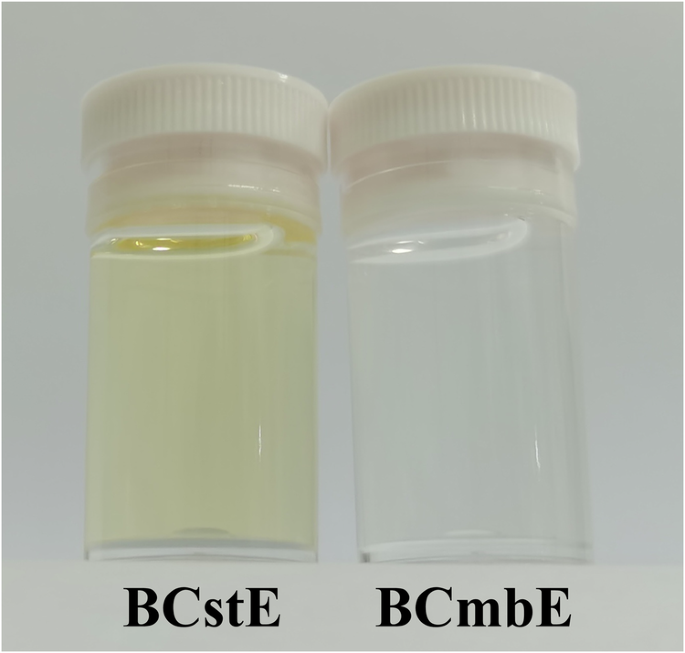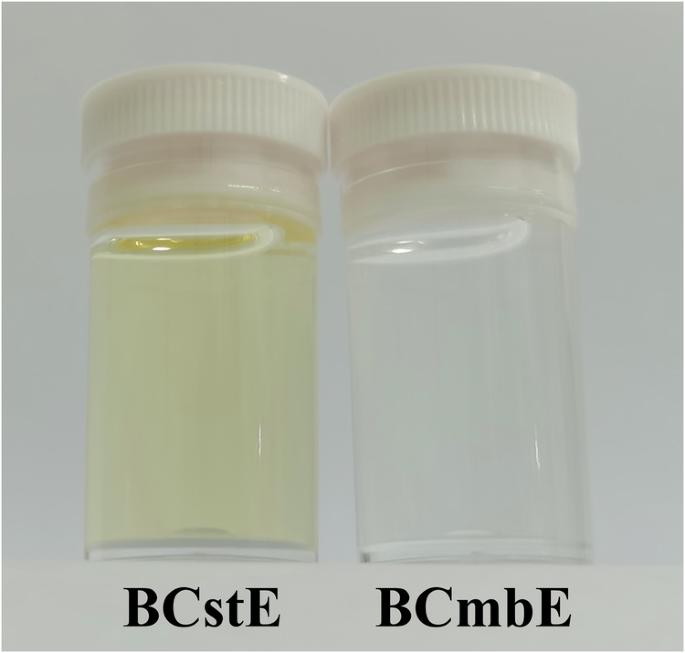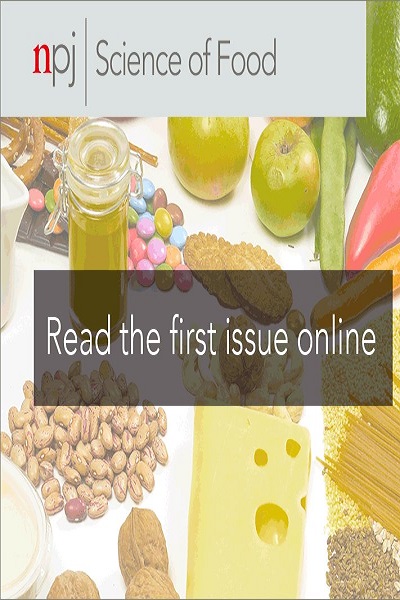Spatial distribution of antioxidant activity in baguette and its modulation of proinflammatory cytokines in RAW264.7 macrophages
IF 6.3
1区 农林科学
Q1 FOOD SCIENCE & TECHNOLOGY
引用次数: 0
Abstract
Baguette is a globally acclaimed bakery staple, composed by a crispy crust and soft crumb, both containing Maillard reaction products (MRPs) with potential bioactivities. However, MRPs’ impacts on the nutritional and health attributes of baguette, particularly in terms of cellular and biological functions, are yet to be clearly elucidated. This study chemically characterizes the crust and crumb of baguettes and investigates the influence of the Maillard reaction on baguette’s nutritional profile, especially in the antioxidant and anti-inflammatory effects. The findings indicate an increase in browning intensity and advanced glycation end products (AGEs) from the baguette’s interior to its exterior, alongside a significant rise in the antioxidant capacity of the crust, suggesting the Maillard reaction’s role in boosting antioxidative properties. Both the crust and crumb demonstrated strong cytocompatibility with immune cells, capable of reducing cellular oxidative stress and regulating intracellular free radical levels. The crust effectively countered peroxyl radical-induced cell membrane hyperpolarization by 91% and completely neutralized the suppression of oxygen respiration in mitochondria, displaying higher efficacy than the crumb. In contrast, crumb extracts were more potent in inhibiting lipopolysaccharide-induced expression of proinflammatory cytokines, such as interleukins-1β (IL-1β) and IL-6, in macrophages. It could provide the fundamental data and cell-based approach for investigating the biological impacts of bread on immune responses, contributing to the refinement and supplementation of nutritional recommendations.


法棍中抗氧化活性的空间分布及其对 RAW264.7 巨噬细胞中促炎细胞因子的调节作用
法棍是一种享誉全球的面包主食,由酥脆的外皮和柔软的面包屑组成,两者都含有具有潜在生物活性的马氏反应产物(MRPs)。然而,MRPs 对法棍的营养和健康属性的影响,尤其是对细胞和生物功能的影响,仍有待明确阐明。本研究从化学角度描述了法棍外皮和面包屑的特征,并调查了马氏反应对法棍营养成分的影响,尤其是抗氧化和抗炎作用。研究结果表明,从法棍的内部到外部,褐变强度和高级糖化终产物(AGEs)都有所增加,同时面包皮的抗氧化能力也显著提高,这表明马氏反应在增强抗氧化性方面发挥了作用。面包皮和面包屑都与免疫细胞有很强的细胞相容性,能够减少细胞氧化应激,调节细胞内自由基水平。果壳能有效对抗过氧自由基诱导的细胞膜超极化(91%),并完全中和对线粒体氧呼吸的抑制,其功效高于果屑。相比之下,面包屑提取物在抑制脂多糖诱导的巨噬细胞中白细胞介素-1β(IL-1β)和 IL-6 等促炎细胞因子的表达方面更有效。它可以为研究面包对免疫反应的生物影响提供基础数据和基于细胞的方法,有助于营养建议的完善和补充。
本文章由计算机程序翻译,如有差异,请以英文原文为准。
求助全文
约1分钟内获得全文
求助全文
来源期刊

NPJ Science of Food
FOOD SCIENCE & TECHNOLOGY-
CiteScore
7.50
自引率
1.60%
发文量
53
期刊介绍:
npj Science of Food is an online-only and open access journal publishes high-quality, high-impact papers related to food safety, security, integrated production, processing and packaging, the changes and interactions of food components, and the influence on health and wellness properties of food. The journal will support fundamental studies that advance the science of food beyond the classic focus on processing, thereby addressing basic inquiries around food from the public and industry. It will also support research that might result in innovation of technologies and products that are public-friendly while promoting the United Nations sustainable development goals.
 求助内容:
求助内容: 应助结果提醒方式:
应助结果提醒方式:


